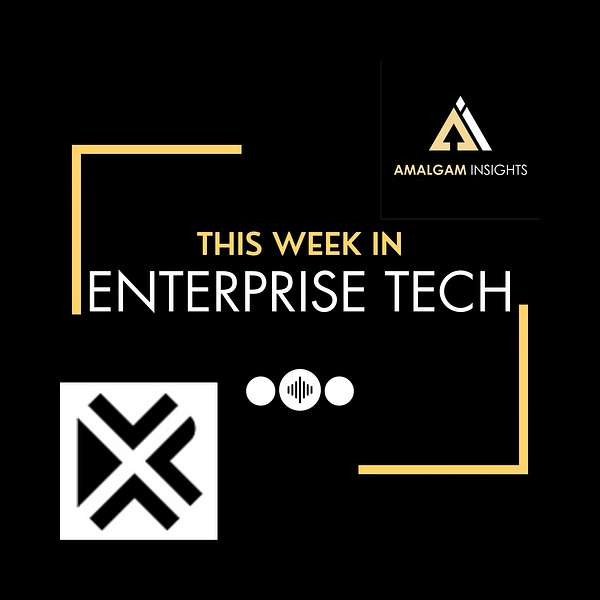This Week in Enterprise Technology, Hyoun Park and Charles Araujo critically assess the biggest tech news for the CIO Office:
- DOGE is Not a Department. It’s a Service.
- Can OpenAI Influence America’s AI Policy?
- Google Gemini Wants 500 Million Users
- Microsoft Restructures to Support Agents
- ServiceNow Acquires CueIn for Conversation Analysis
- ContextualAI Launches for Custom RAG
DOGE is Not a Department. It’s a Service.
For months, we have heard about DOGE, an effort to reduce government spending. But the current version of DOGE is a rebranding of the United States Digital Service, an existing organization focused on data audit and software modernization. Is this an effort to get closer to the data or a gentle offloading of Elon Musk from the campaign?
The White House: https://www.whitehouse.gov/presidential-actions/2025/01/establishing-and-implementing-the-presidents-department-of-government-efficiency/
OpenAI Influence America’s AI Policy?
OpenAI is seeking to influence U.S. A.I. policy with an “AI in America” blueprint to encourage investment and minimize regulations. CEO Sam Altman recently donated to Donald Trump’s inaugural fund to gain favor with the new administration. Can OpenAI push the US to accept more Middle Eastern investments for A.I. technology?
New York Times: https://www.nytimes.com/2025/01/13/technology/openai-economic-blueprint.html
Google Gemini Wants 500 Million Users
Google CEO Sundar Pichai wants 500 million users on Gemini before the end of the year. Remember the good old days when it was remarkable to have 100 million users? Hyoun and Charles discuss if the race to gain users is coming at the expense of actually building products that people might want to use.
Wall Street Journal: https://www.wsj.com/tech/ai/google-gemini-2025-chatgpt-openai-b6eb595d
Microsoft Restructures to Emphasize Agents
Microsoft is restructuring to support its agentic approach. This may be a sign that CIOs may need to start potentially transforming the IT department to also take a more agentic approach.
Microsoft also seeks to increase the uptake of Copilot. Microsoft has relaunched its free AI chat tool, Microsoft 365 Copilot Chat, to encourage businesses to adopt AI in the workplace. Microsoft hopes that by using Copilot Chat, businesses will see its value and be tempted to subscribe to the full Microsoft 365 Copilot service for $30 per month. But the value proposition still seems confusing as Charles and Hyoun discuss.
Microsoft: https://blogs.microsoft.com/blog/2025/01/13/introducing-core-ai-platform-and-tools/
The Verge: https://www.theverge.com/2025/1/15/24344214/microsoft-365-copilot-chat-agents-pricing-availability
ServiceNow Acquires CueIn for Conversation Analysis
ServiceNow accelerates its agentic AI roadmap with acquisition of conversation analysis platform Cuein. Charles and Hyoun are interested in seeing how this signals a bigger step for ServiceNow into customer-facing use cases and speculate how this is the start of a broader goal of developing a set of intelligent, integrated customer facing systems and expanding beyond the internal workflow.
ServiceNow: https://www.servicenow.com/company/media/press-room/servicenow-to-acquire-cuein.html?ref=runtime.news
ContextualAI Launches for Custom RAG
Contextual AI launches its custom Retrieval Augmented Generation capabilities for general availability. This is interesting because it speaks to the evolution of agentic AI and the need for enterprises to support RAG at scale to manage true enterprise-grade agentic AI.
Contextual.ai: https://contextual.ai/blog/contextual-ai-platform-generally-available/

